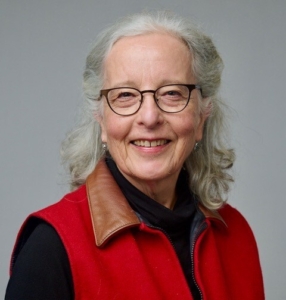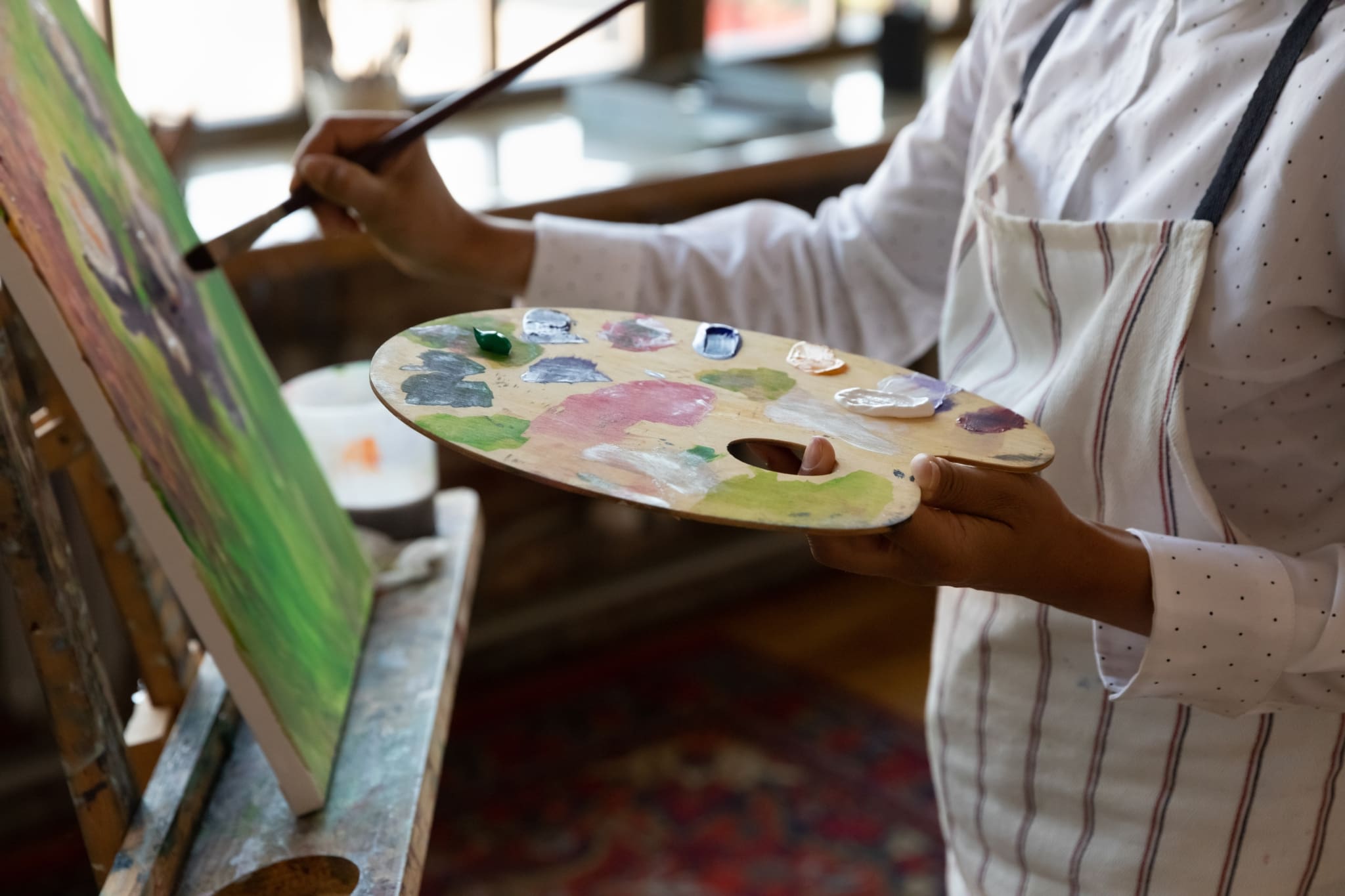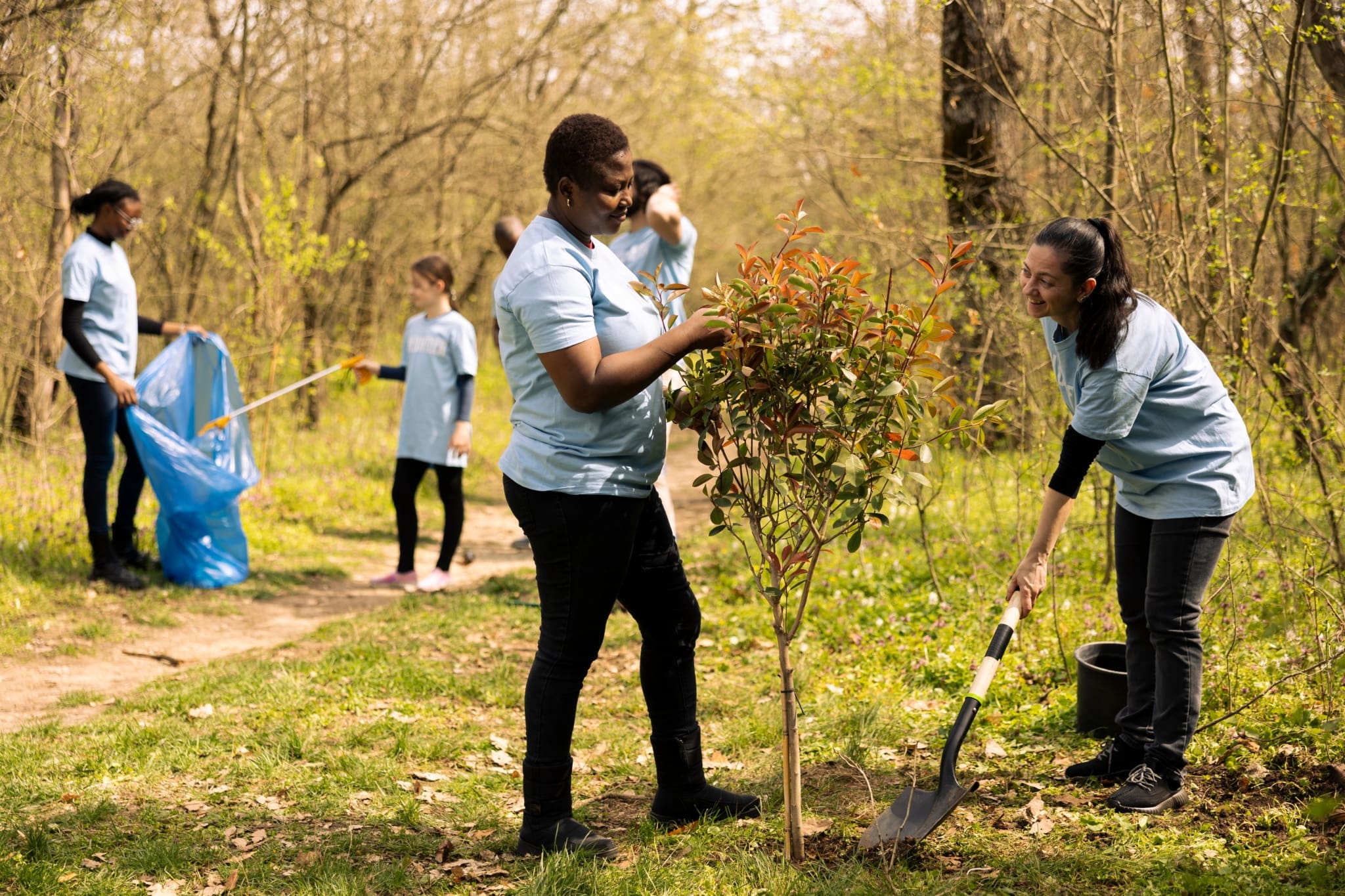“Our feet are firmly planted in the relationship skills business.” That’s how Kay Reed, executive director of The Dibble Institute since 1993, sees their work. The nonprofit curriculum developer and returning IS member promotes relationship training for youth through the educational curricula they publish — especially in the context of interpersonal and romantic connections. Their goal is to empower youth and young adults with skills to successfully build and sustain relationships that will form foundations for healthy romantic relationships now, and lasting, positive family environments in the future.

Kay Reed, executive director, The Dibble Institute
The relationship-focused institute was started by Charlie Dibble, who was, interestingly enough, an engineer. “He was a ‘fix it’ kind of guy who saw a problem that needed solving,” according to Reed. “It was in the 1980s, and he saw that young people were not confident that they could get and stay in long-term, healthy married relationships. There was lots of research at that time about the outcomes for children who were raised in homes with lots of conflict or parents who weren’t together.”
Reed said at that time couple research was just beginning to address difficult relationship topics, while seeing what skills were needed to help couples create and stay in healthy, long-lasting relationships. “Charlie asked what was being done for younger people, and when he found out researchers weren’t doing anything at the time, ‘Mr. Fix it’ took on the challenge. He also decided that instead of being a direct service organization, he would set up a nonprofit publishing company that focused on curricula centered on interpersonal and romantic relationships for young people.
Legally known as The Dibble Institute for Marriage Education, Reed said they began using the shorter name as times changed. “People are marrying less but they’re not partnering less. In the 80s, 90s, and early 2000s, people felt like ‘put a ring on it’ and that solves everything. We now know from research that you’re more likely to have a safe, stable, nurturing home life if your parents are married, but it’s not absolute. There are plenty of examples of single and cohabiting parents who can create that safe space. So while we’re still big fans of marriage, the research says it’s not just about being married. It’s about having a safe, stable, and nurturing home, and a single parent can do that. We’re still focused on young people and helping them learn the interpersonal skills for the best possible outcomes.”
Navigating Successful Relationships
Based in Berkeley, California, The Dibble Institute publishes and offers evidence-based curricula for a fee to agencies, nonprofits, and community-based organizations that interact with young people in a variety of settings. Dibble doesn’t write the programs. Instead, they find thought leaders in the field who create the content, then Dibble does the editing and pre-publishing prep. “We are a nonprofit publisher. Our clients do the good work, and we have the secret sauce of what makes for a best-practices program.”
Reed says their economic engine is powered by people purchasing their curricula. “We help our clients find and apply for funding to purchase the programs. We spend a lot of time on grant tool kits to give them the tools they need to write a strong application for funding.
“Focusing on building relationship skills, especially in romantic relationships, turns out to be a powerful change agent. When young people get smart about their love lives, multiple benefits occur. They choose less risky sexual behaviors, violence and aggression decrease, mental health improves, and school graduation rates increase. One random control study of our program, Love Notes, found that young people in the intervention group were 46% less likely to become pregnant, or cause a pregnancy, than the control group one year after instruction.”
Their programs provide teens and young adults with insights into how to be successful in friendships, dating, and love, including topics such as:
- how to deal with emotions,
- what makes a relationship healthy,
- how to recognize dangerous relationships,
- effective communication,
- conflict management,
- correcting faulty relationship beliefs,
- low risk dating strategies, and
- the social and emotional sides of sex.
The Dibble Institute has received extensive professional recognition at the national, state, and local county levels for their teaching materials’ impact on key target areas for adolescent and young adult populations. In addition to schools, this includes correctional systems, foster care, group homes, independent living, and Boys and Girls Clubs, to name a few.
The Dibble Institute returned to Independent Sector as a member in 2024 because of the current challenging climate. “With what’s going on in Washington D.C. and me being here in California on Pacific Time, it’s helpful to have some eyes on what’s happening. We need to stay abreast of what’s going on and to have advocates,” Reed said. “90% of our clients use federal funding for our programming. And it doesn’t take any imagination for me to imagine that going away unless we strongly advocate.”
And what brought Reed to Dibble — and kept her there for more than 30 years? “Charlie and I were good friends and when he became ill in the late 1980s, he asked me to take it over.” She was hesitant, but Charlie was persuasive. “You know, I trained in college and did some direct youth work, then realized that working with young people isn’t my skill set. I don’t have the gift of working directly with youth, but I really wanted to impact them. What I do have is the gift of supporting people who have that gift. So that’s what got me here.” And why does she stay? “There’s still a need. That is what’s kept me here. There’s a need to make healthy relationship education commonplace for young people.”
To become an Independent Sector member, visit our membership page.



